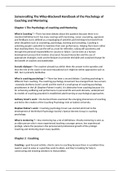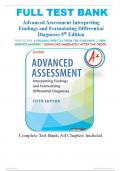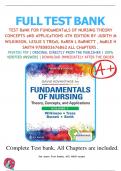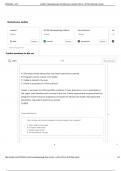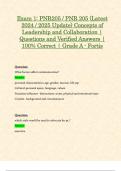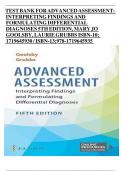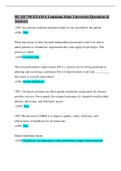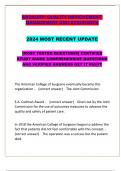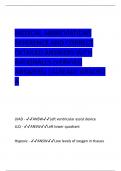Samenvatting
Alle stof van Coaching en Ontwikkeling (Hoorcolleges, werkcolleges, Samenvatting boek Coaching met Collega's en The Wiley-blackwell Handbook of the Psychology of Coaching and Mentoring)
- Instelling
- Tilburg University (UVT)
Werkcolleges, hoorcolleges, samenvatting boek Coaching met Collega's en The Wiley-blackwell Handbook of the Psychology of Coaching and Mentoring
[Meer zien]
